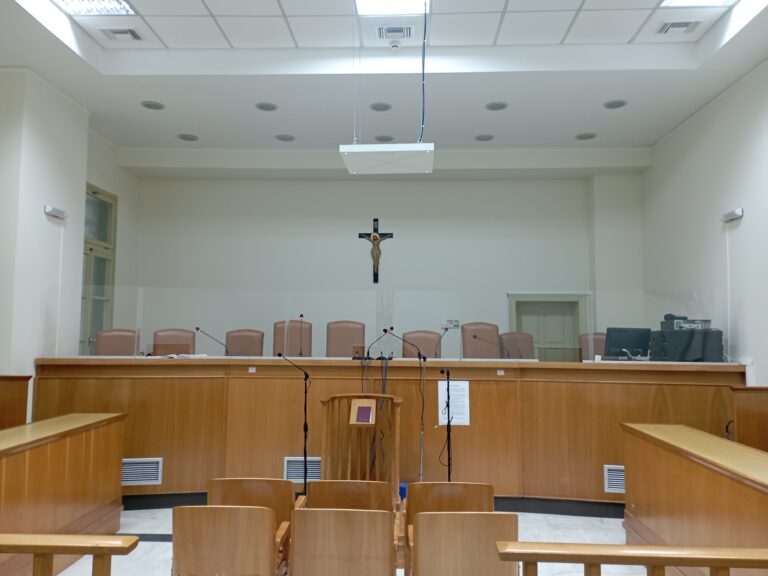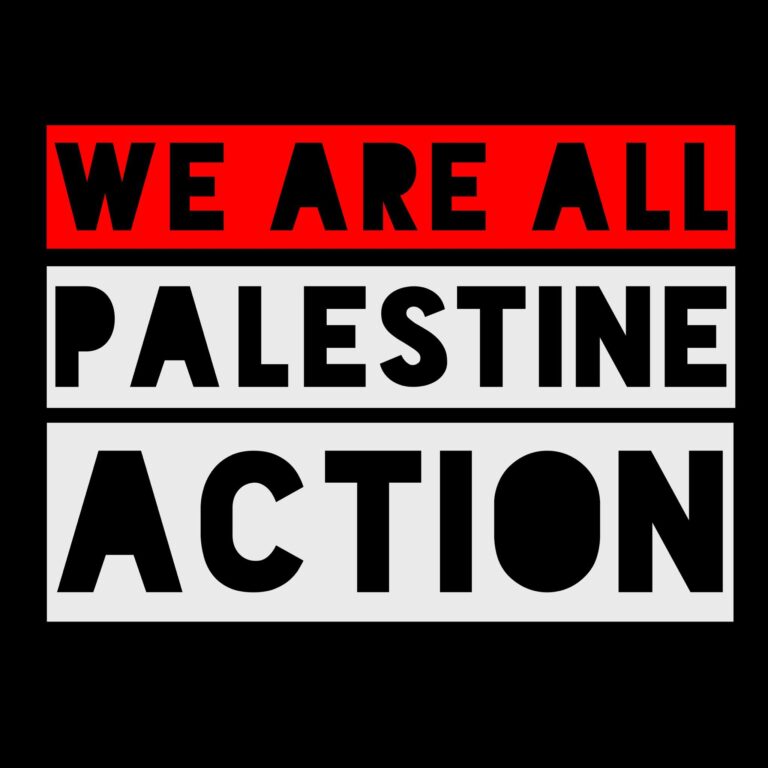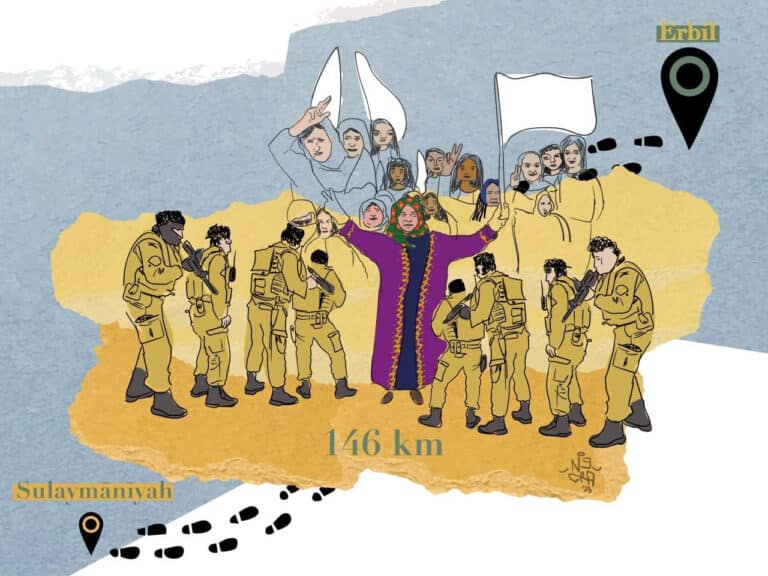Teachers in the West Bank have been through several strikes over the years in an effort to obtain better working conditions. The teachers’ main demands are that the Palestinian government support the teachers’ children, promote and raise the status of the teaching profession, and respect teachers’ rights, which includes increasing their salary. The average salary of Palestinian teachers is currently 2500 ILS per month, equivalent to approximately $730 USD. Teachers can barely afford the basics with this income, and many are forced to find part-time jobs to meet the needs of their families. Teachers are demanding that the government reactivate the cost of living allowance, which has not been applied since 2013.
The last long teachers’ strike took place in 2016 when an intense general strike lasted for one month. The strike ended after the Palestinian government and the General Union of Palestinian Teachers (GUPT) reached an agreement. However, the government did not implement the agreement, and in 2018, they forced a number of teachers who had been leaders of the strike to retire early.
In March of this year, teachers started a partial strike all over the West Bank, demanding that the government raise their salaries to reflect the current cost of living, give justice to the teachers who were dismissed in 2016, amend the retirement law, and form a union that would defend their rights and take their interests seriously. The teachers also brought forward other demands related to contract and hourly positions.
The government reached an agreement with GUPT in April 2022 and called on the teachers to suspend the strike activities. However, over 60% of teachers in the West Bank continued to strike because they felt that the government’s response was inadequate. This led to a disagreement between the GUPT and the Unified Teachers’ Movement, the impacts of which further affected students in negative ways.
The strike this semester had no official leadership. Teachers were using social media to discuss and make decisions, and it was often unclear whether classes were running from one day to another. During a couple of visits to the schools, CPT asked teachers if they were striking that day, and most of the time, they were unsure.
The strike has significantly impacted the learning atmosphere at schools, especially after two years of COVID-19 lockdowns and online classes. Even though in-person learning was possible this semester, many students still did not attend school because they were never sure if they would have classes or not. This explains why fewer students passed through the Qitoun and Salaymeh checkpoints compared to last semester.
In addition to losing almost three months of school this past semester, children in H2 continue to have the added challenge of living in a particularly vulnerable area:
“My son would go to school, and I could never be sure when he would leave. Since I didn’t know when he was leaving the school, I couldn’t wait for him near the checkpoint or make sure he was safe during clashes or the soldiers’ provocations,” one student’s mother said.
During this last semester, most students left the school early, increasing the chances of Israeli soldiers using force against them. Since the students did not have classes and there were no activities available to them, they would start throwing stones at the checkpoint as a game. This led the soldiers to use excessive amounts of teargas and stun grenades, and in some cases, they arrested children.
Teachers in H2 are responsible for more than teaching. A teacher from Al Ibrahimiyah school said: “I am committed to the strike, but I can’t leave the school without making sure that all my students have left the school and passed the checkpoint safely.” Every day, the principal and teachers of Al Ibrahimiyah School would wait at Qitoun checkpoint to make sure their boys passed through safely. They were ready to respond if the Israeli border police decided to stop one of the students.
In the Salaymeh neighbourhood, teachers have also been doing their best to keep students safe from the attacks of the Israeli Occupation Forces. Every morning, despite the teachers’ strike, the teachers prevented the soldiers from invading the school and intimidating or arresting the students. Sometimes the IOF would throw tear gas canisters into the school, causing many students to suffocate. During times like these, teachers end up acting as observers, paramedics, escorts, and sometimes even journalists.
As observers who are accompanying members of the community, CPT heard many touching but challenging stories from teachers this semester. The strike is not over, and it may very well impact students and teachers again this fall. CPT stresses the importance of giving Palestinian teachers their rights to live with dignity. We know that when teachers’ rights are respected, the whole community benefits.




